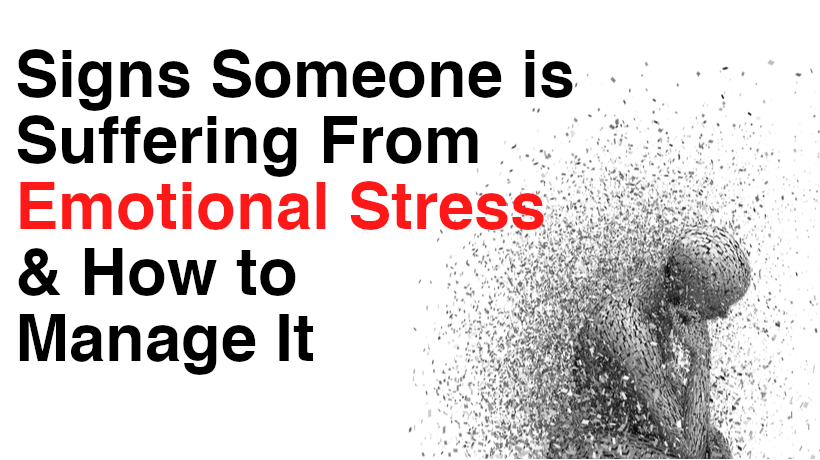Stress is the emotional tension or mental strain that many of us feel. According to the American Psychological Association, the average stress level of adults in the United States in 2015 was 5.1 on a scale of 1 to 10. Becoming too stressed can also affect you emotionally, according to Dillon Browne, Ph.D. Here are signs that you can be experiencing emotional stress and how to manage it.
Mood Swings
An emotional effect of stress is mood swings. A 2014 study published in PLoS One, examined the role of various types of stress on physiology, mood, and cognition. It showed that both social and physical stressors can have an impact on emotional well-being and mood. With large amounts of stress, it is likely that your emotions can be influences affecting your overall mood.
Sleep Problems
If you are struggling to fall or stay asleep at night, it can be due to the amount of stress you have. Having sleeping problems could be a sign of emotional stress, according to Valerie Soleil, B.A. If you are struggling to sleep and there are no physical problems as the cause of it, you are probably dealing with psychological issues, says Soleil.
Compulsive Behavior
Stress that you have can be causing you to partake in compulsive behaviors, this can be a sign of emotional stress. A paper published in the Neuroscience journal in 2014, explained how the idea that stress-related changes in the brain may play a role in the development of addictions. According to the research, stress can have this effect on the brain that will lead you to have addiction-forming behaviors that cause compulsive behavior.
Fatigue
According to Soleil, emotional stress can cause you to feel fatigued. It can be in correlation with not getting enough sleep because of your emotional stress. Soleil explains that if you are feeling too exhausted to do things that you used to love, then you might be dealing with emotional stress.
Memory Problems
Another sign of emotional stress is having trouble with concentration and memory. A review published in Neurobiol Learn Mem. in 2013, investigated the stress-response pathways in the brain and their effect on long-term memory. They found that certain hormones caused by stressful or traumatic events can have the ability to impair memory. So having emotional stress can cause you to become more forgetful.
Anxiety
According to Browne, anxiety is characterized by feelings of overwhelming dread. Stress can also affect a person’s depression which can be linked to anxiety, says Browne. A 2015 study published in Occupational Medicine, investigated the effects of stress levels at home and work on anxiety and depression levels. They found that people who experience high levels of work stress were more likely to have symptoms of anxiety and depression. If these symptoms are serious, be sure to ask for help from a professional.
Ways to Help Manage Emotional Stress
There are many ways that you can try to help better manage your emotional stress. These are some ways that the Cleveland Clinic recommends managing your emotional stress. You can set aside time to make sure you relax and unwind when you are feeling most stressed. This can be by doing an activity like reading, taking a walk, practicing yoga, or taking a bath. It is important to practice mindfulness, which is learning how to focus your attention and become more aware. You can also try other ways to clear your mind like journaling or meditating.
If you try these and are still not able to manage your emotional stress, it is important for you to seek professional help. If managing your emotions is too overwhelming a professional can help you find a way that is right for you. Counselors and mental health therapists are there to help you through the stress and teach you how to eventually cope on your own.



